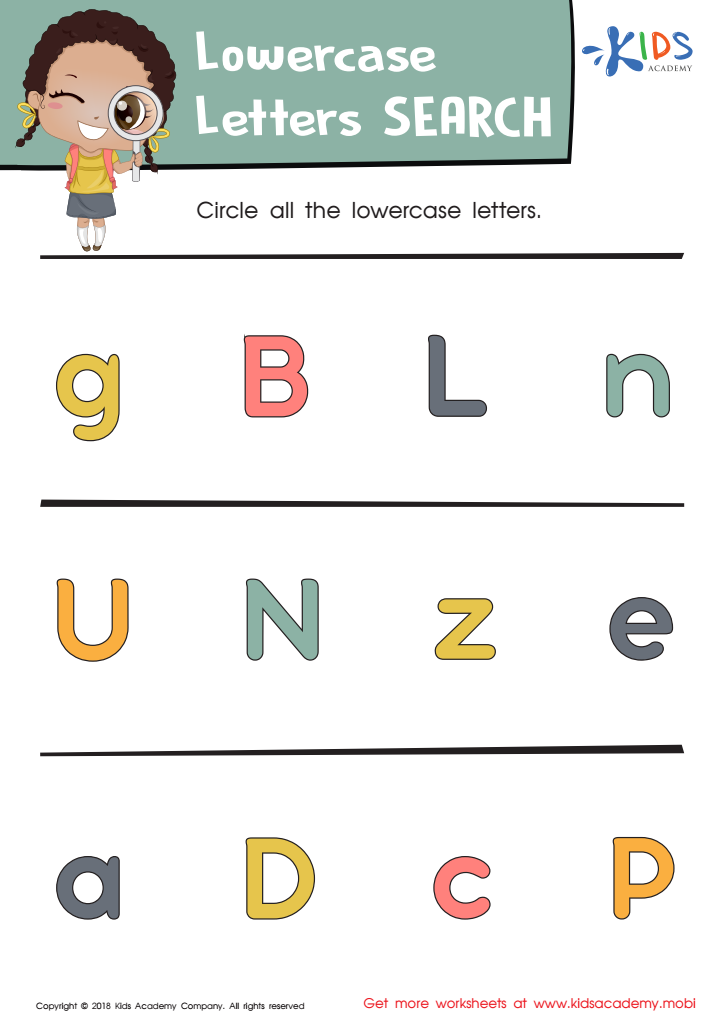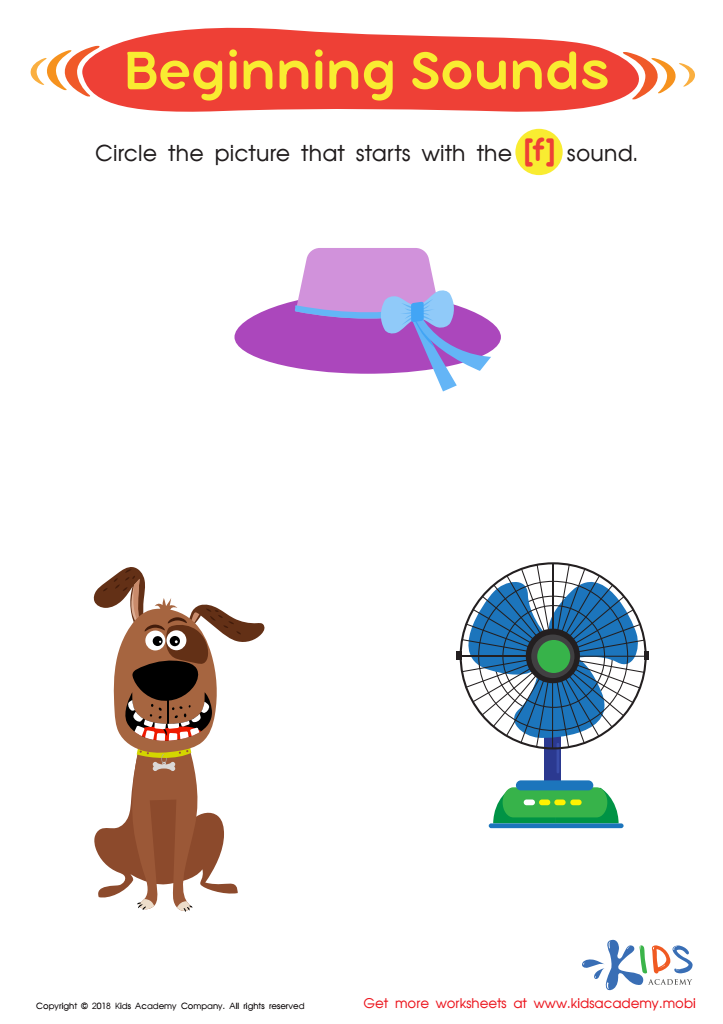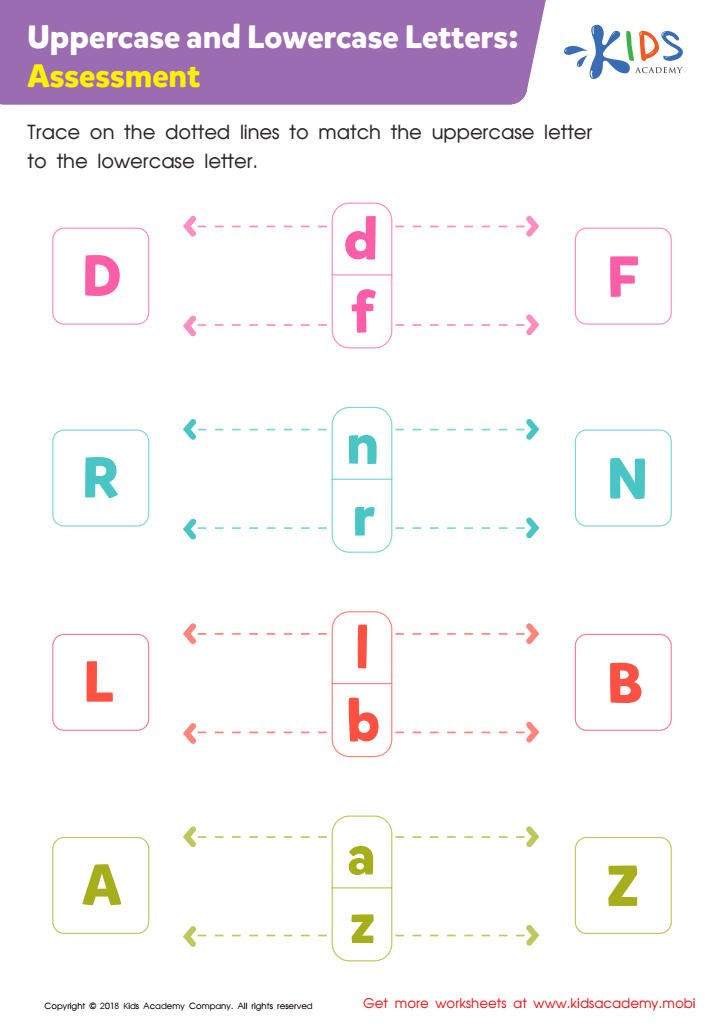Easy Knowledge Check worksheets activities for Ages 4-8 - Page 2
27 filtered results
-
From - To


Lowercase Letters Search: Assessment Worksheet


Beginning Sounds Assessment Printable


Uppercase and Lowercase Letters: Assessment Worksheet
Easy Knowledge Check activities for ages 4-8 are essential tools for both parents and teachers, as they foster early learning and assessment in a fun, engaging manner. At this age, children are naturally curious and capable of absorbing foundational concepts across various subjects, including literacy, math, and science. Implementing these activities can help reinforce key skills, boosting their confidence and curiosity.
Moreover, Easy Knowledge Check activities allow educators and parents to gauge a child’s understanding and identify areas where they may need additional support. This formative assessment enables personalized learning strategies, ensuring that children receive the guidance they need to thrive. These activities also foster positive interaction between adults and children, promoting a collaborative learning environment.
Engaging in these checks reinforces the idea that learning can be enjoyable. They often incorporate games and creative tasks, which are crucial for maintaining young children’s attention. By making assessments playful and constructive, parents and teachers can instill a lifelong love for learning. Ultimately, Easy Knowledge Check activities not only help children develop essential skills but also strengthen the support system that surrounds them, contributing to their holistic development during these formative years.
 Assign to My Students
Assign to My Students














